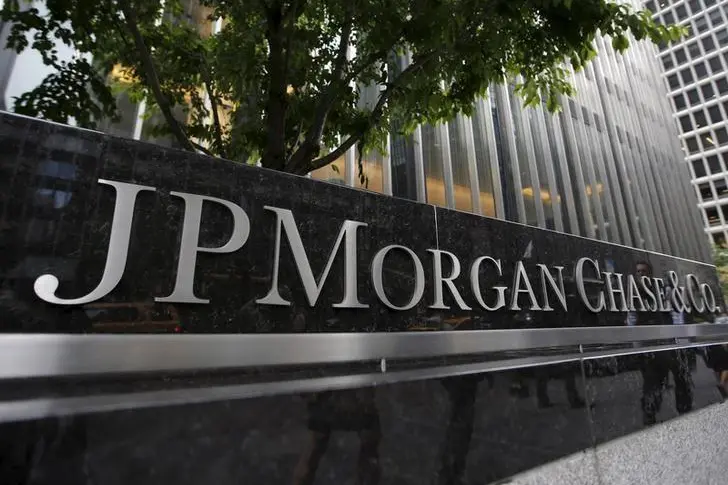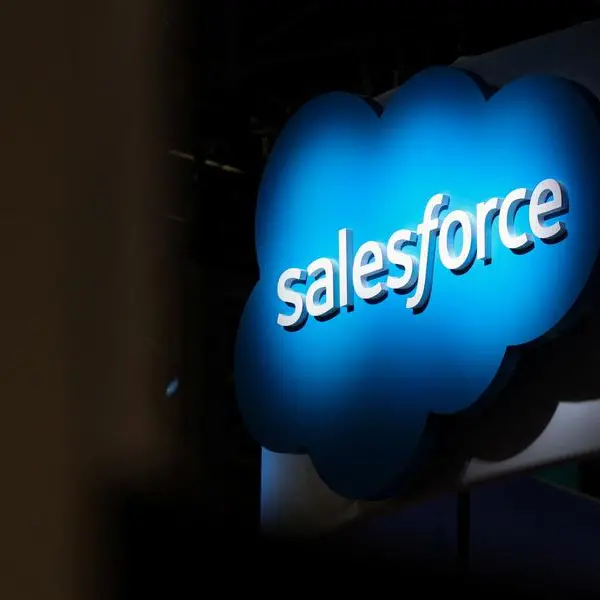PHOTO
JPMorgan Chase & Co reported a 42% drop in quarterly profit on Wednesday as dealmaking slowed and the lender started building loan loss reserves in the face of decades-high inflation and the Ukraine crisis.
The lackluster results from the largest U.S. lender set the tone for first-quarter earnings from Wall Street banks as the Federal Reserve looks to rein in inflation and the trading bonanza the banks enjoyed during the pandemic tapers off.
"We remain optimistic on the economy, at least for the short term ... but see significant geopolitical and economic challenges ahead due to high inflation, supply chain issues and the war in Ukraine," Chief Executive Jamie Dimon said in a statement.
Credit costs swung dramatically to $1.46 billion as the company added to reserves for loan losses. A year earlier, JPMorgan results benefited from a negative provision of $4.16 billion when it drew down extra reserves it had built up during the pandemic.
JPMorgan's shares fell 1.5% in premarket trading, adding to a 17% decline this year.
Investment banking revenue for big banks stalled after the Russian invasion of Ukraine in late February. In the first quarter, the total value of pending and completed deals fell to its lowest since the second quarter of 2020, according to Refinitiv data.
The bank reported a 28% drop in investment banking revenue in the first quarter, dragging net revenue down 5% to $30.72 billion. The net revenue also reflects markdowns related to derivatives receivables linked to Russia.
Investment banking fees plunged 32% to $2.01 billion. The drop came on the back of a steep decline in equity underwriting fees, which fell 69%.
Like rivals Goldman Sachs and Morgan Stanley, JPMorgan last year rode the dealmaking wave and advised on several major business combinations, underwrote some of the biggest stock market listings and helped put together deals involving special purpose acquisition companies.
In the first quarter of 2022, the number of deals where JPMorgan acted as a bookrunner declined 39% compared with last year.
As a whole, global equity issuance deal volumes plummeted to $129 billion in the first quarter from $390 billion in the fourth quarter of 2021, according to Refinitiv, as the market for initial public offerings came to a virtual standstill.
The big U.S. banks are also reporting results at a time of surging inflation, which could lead the Federal Reserve to hike interest rates more aggressively this year.
While that is good for big lenders like JPMorgan, rapid rate hikes could slow down the economy and scupper a nascent recovery from the pandemic.
Net interest income from JPMorgan's core banking businesses and excluding the impact of markets increased 9% from a year earlier on additional loans and securities as well as higher rates.
The bank also said it expects 2022 net interest income excluding markets to be more than $53 billion.
JPMorgan said noninterest expenses rose 2% to $19.2 billion in the quarter. Investors have been concerned whether banks, particularly JPMorgan, are allowing expenses to increase too much.
Its consumer bank reported a 2% fall in revenue to $12.2 billion. Debit and credit card sales volume rose 21% in the quarter, compared to 26% in the final quarter of 2021.
JPMorgan posted a profit of $8.28 billion. On a per share basis, the bank earned $2.76, compared with the average estimate of $2.69, according to Refinitiv data.
The lender also said its board approved a share buyback plan of $30 billion. The company bought back shares worth $1.7 billion in the first quarter.
Other large U.S. banks including Citigroup, Wells Fargo and Goldman Sachs will report results on Thursday, while Bank of America reports results next Monday.
(Reporting by Noor Zainab Hussain and Niket Nishant in Bengaluru and David Henry in New York; Editing by Saumyadeb Chakrabarty)





















